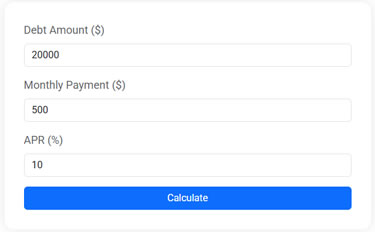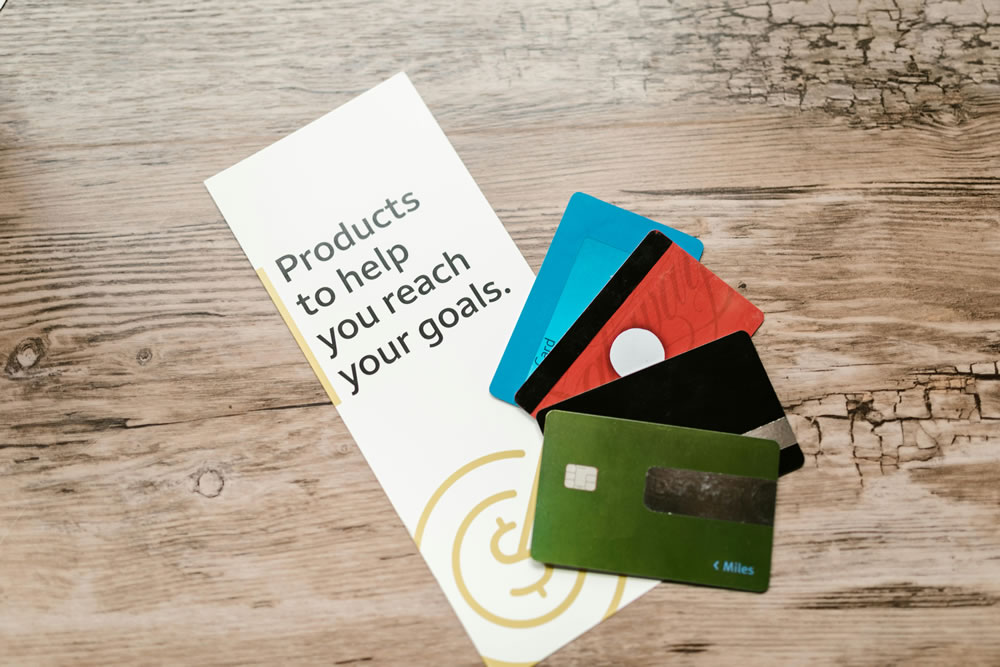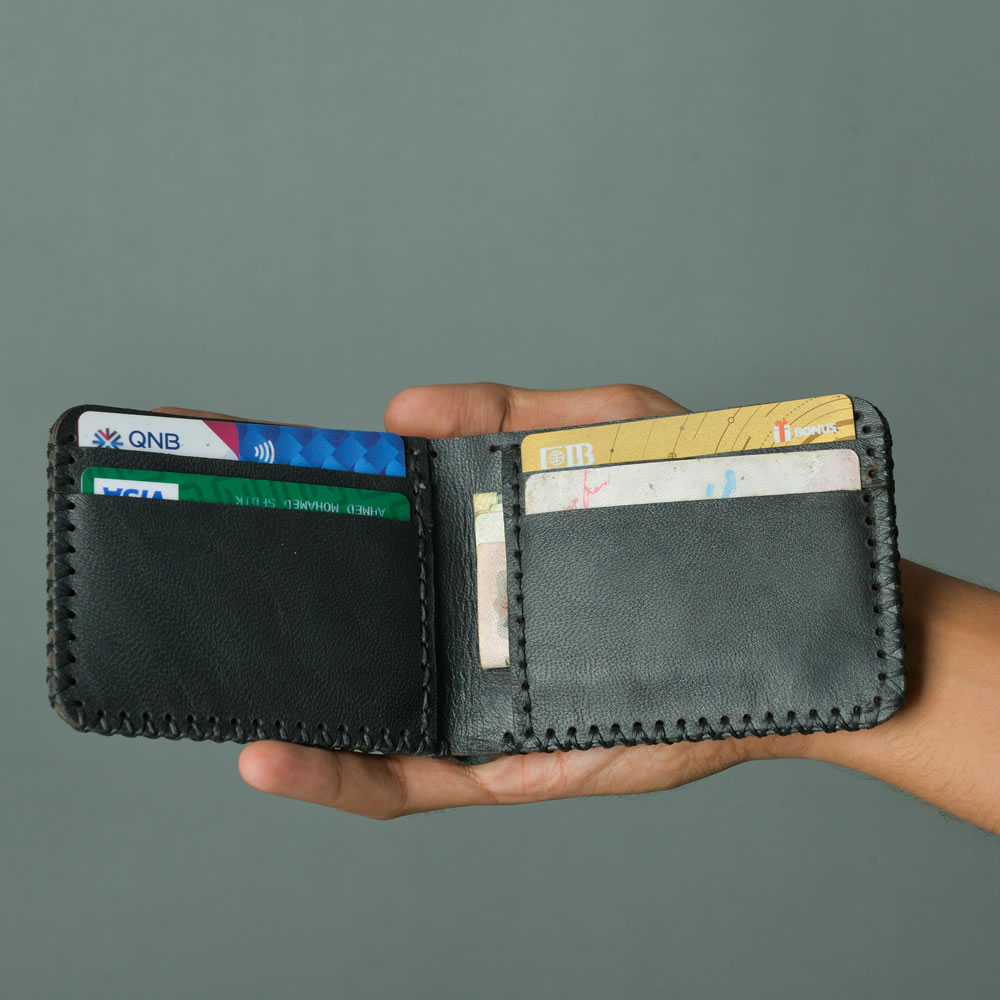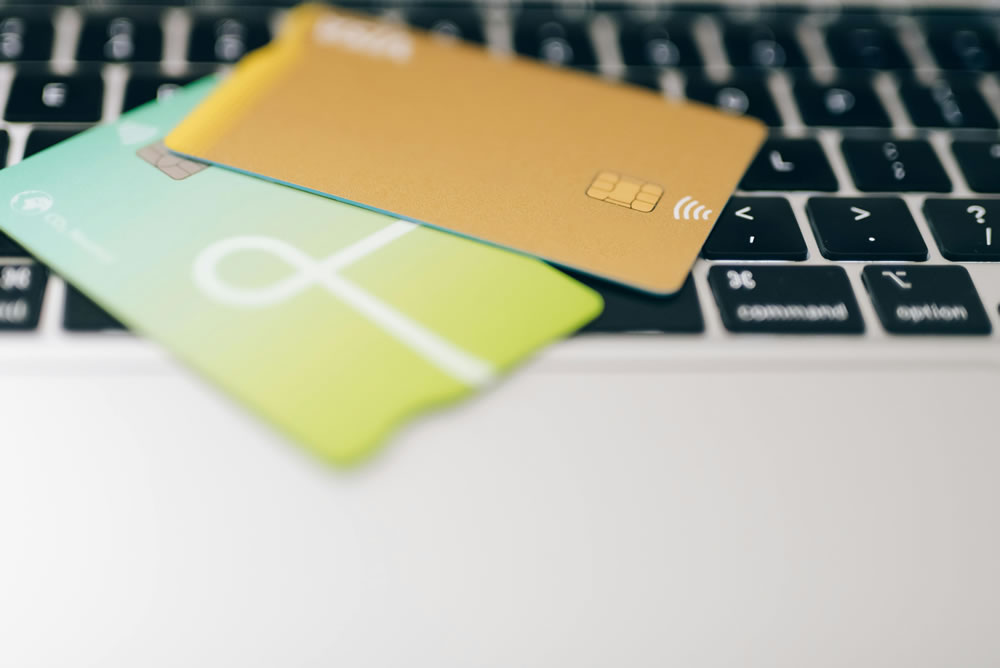The Road to Financial Recovery: Debt Management 101

To manage debt and improve financial health, start by creating a realistic budget that distinguishes between essential and non-essential expenses, while allocating funds for debt repayment, savings, and emergencies. Consider cutting unnecessary expenses, consolidating high-interest debts, increasing your income, and seeking professional help if needed, while maintaining commitment to your debt management plan. By staying disciplined and tailoring strategies to your unique financial situation, you can work towards achieving a debt-free future.
Managing debt can often feel like navigating a complicated maze, where every turn seems to lead to more confusion and stress. But fear not, because the road to financial recovery is not only possible but also attainable with the right strategies and mindset. Whether you're dealing with student loans, credit card debt, or a hefty mortgage, the principles of debt management remain largely the same. By focusing on creating a realistic budget, cutting unnecessary expenses, and exploring ways to increase your income, you can set yourself on a path toward financial freedom.
Think of debt management as a journey rather than a sprint. It's about making small, consistent changes that add up over time. Much like training for a marathon, you’ll need discipline, patience, and a clear plan. Let’s dive into the essentials of debt management and explore how you can take control of your financial future.
Creating a Realistic Budget
Budgeting is the cornerstone of any successful debt management plan. Start by tracking your income and expenses for at least a month to get a clear picture of your financial situation. This will help you distinguish between essential and non-essential expenses, allowing you to allocate funds more effectively. Essential expenses include things like rent, utilities, groceries, and minimum debt payments, while non-essential expenses might be dining out, entertainment, or that new gadget you’ve been eyeing.
Once you have a handle on your spending, create a budget that prioritizes debt repayment alongside savings and emergency funds. This might mean cutting back on some of the fun stuff temporarily, but remember, it’s all part of a bigger plan. As financial advisor Jane Smith puts it, "A budget is telling your money where to go instead of wondering where it went." This mindset shift can be powerful in helping you regain control.
Cutting Unnecessary Expenses
It might sound daunting, but trimming the fat from your spending can have a significant impact on your debt repayment journey. Start by reviewing your non-essential expenses and identify areas where you can cut back. Maybe it’s brewing coffee at home instead of hitting the café every morning or cancelling that gym membership you haven't used in months.
Consider implementing a no-spend challenge for a week or even a month to reset your spending habits. This can be especially enlightening as it forces you to rethink what you truly need versus what you simply want. According to a survey by CNBC, many people find they can save hundreds of dollars by cutting out small, habitual expenses.
Remember, these cuts don't have to be forever. The goal is to free up as much money as possible to tackle your debt more aggressively. Once you’re in a more stable place financially, you can gradually reintroduce some of these expenses if they truly add value to your life.
Debt Payoff Calculator
Plan your financial future by estimating how long it will take to pay off your debt based on your balance, annual percentage rate (APR), and monthly payment. After entering your figures, the calculator determines the number of months needed to fully repay the debt and calculates the total interest paid over time.
Consolidating High-Interest Debts
If you're juggling multiple debts with varying interest rates, debt consolidation might be a beneficial strategy. By consolidating, you combine all your debts into a single loan with a lower interest rate. This can simplify your payments and potentially save you money in the long run. For instance, moving high-interest credit card debt to a lower-interest personal loan can reduce the amount of interest you pay over time.
However, it’s crucial to do your homework. As financial expert Dave Ramsey advises, "Debt consolidation is dangerous because it only treats the symptom." Make sure you're not falling into the trap of simply rearranging your debt without addressing the underlying spending habits. It’s a tool, not a cure-all, and should be used as part of a broader strategy to manage and eliminate debt.
Increasing Your Income
While cutting costs is one side of the coin, boosting your income is the other. Look for opportunities to increase your earnings, whether it’s through a side hustle, freelance work, or even asking for a raise at your current job. In today’s gig economy, there are endless ways to make extra money, from driving for a rideshare service to selling handmade crafts online.
According to a study by Bankrate, nearly 45% of Americans have a side job, earning an average of $1,122 extra per month. This additional income can be a game-changer when it comes to paying off debt faster. Allocate any extra earnings directly toward your debt to accelerate your progress.
Seeking Professional Help
Sometimes, despite your best efforts, you may need a little extra help. And that’s okay. Don’t hesitate to reach out to a credit counselor or financial advisor if you’re feeling overwhelmed. These professionals can offer personalized advice and help you create a debt management plan tailored to your specific situation.
Look for agencies affiliated with reputable organizations like the National Foundation for Credit Counseling (NFCC). They often offer free or low-cost services and can negotiate with creditors on your behalf. As money expert Suze Orman says, "Being in control of your finances is a great stress reliever." Sometimes, getting an external perspective can provide clarity and peace of mind.
Maintaining Commitment to Your Plan
The journey to becoming debt-free can be long and challenging, requiring commitment and perseverance. It’s easy to feel discouraged when progress seems slow, but remember that every small step is a step in the right direction. Keep your end goal in mind and celebrate milestones along the way, like paying off a credit card or reaching a savings target.
Consider setting up automatic payments to ensure you’re consistently chipping away at your debt, and track your progress regularly. Seeing the numbers decrease can be incredibly motivating. As you continue on this path, you’ll build financial resilience and gain confidence in managing your money.
The road to financial recovery is not just about numbers—it's about changing your relationship with money. By staying disciplined and tailoring strategies to your unique financial situation, you can work towards achieving a debt-free future. Remember, it’s not about being perfect; it’s about making progress. Stay the course, and you'll find yourself navigating the maze with newfound ease and clarity.







